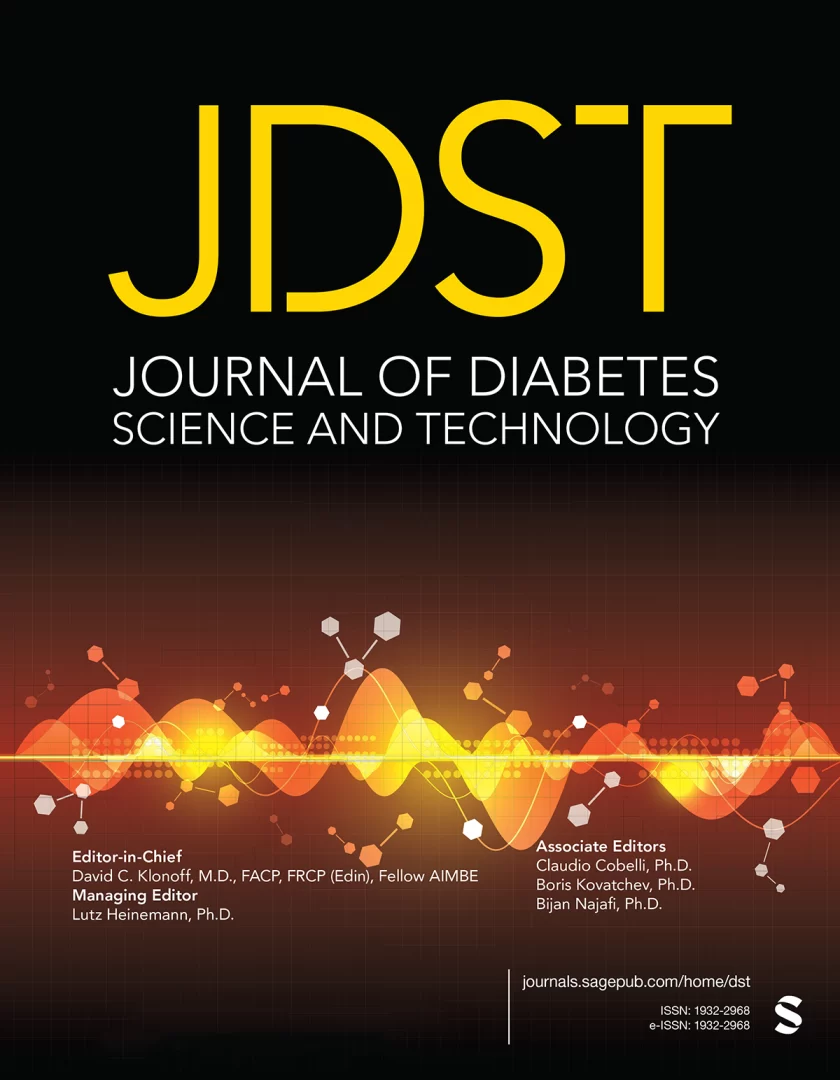BCL6: A Key Molecule for Muscle Retention During Weight Loss

Original Article: https://www.medscape.com/viewarticle/molecule-help-retain-muscle-mass-during-weight-loss-2025a10002ox
The Role of BCL6 in Muscle Maintenance
B cell lymphoma 6 (BCL6), a protein primarily studied in immune cells, also plays a crucial role in maintaining muscle mass. Research has revealed that BCL6 is essential for sustaining the anabolic (muscle-building) effects of growth hormone (GH) by repressing suppressor of cytokine signaling 2 (SOCS2), which would otherwise block GH signaling. This mechanism helps regulate muscle mass, especially during fasting, when GH levels fluctuate in response to nutrient availability.
How BCL6 Affects Muscle Growth and Loss
Studies on mice showed that removing BCL6 from muscle tissue leads to a 40% loss of muscle mass, along with reduced strength and structural integrity. However, when researchers increased BCL6 expression, the muscle mass and function improved significantly. Further analysis demonstrated that fasting decreases BCL6 levels, leading to a chain reaction that weakens muscle tissue by slowing the production of insulin-like growth factor 1 (IGF-1), a crucial regulator of muscle growth. Additionally, researchers found that GH itself can suppress BCL6 through the JAK/STAT5 signaling pathway, creating a complex feedback loop that coordinates muscle maintenance with nutrient availability.
Potential for Medical Applications
Muscle mass is vital for overall health, resilience, and disease prevention. The discovery of BCL6’s role in muscle maintenance opens new possibilities for therapeutic strategies targeting muscle-wasting conditions such as sarcopenia (age-related muscle loss) and cachexia (muscle degradation due to illness). While the study was conducted in mice, further research could explore the potential for BCL6-based treatments in humans, offering hope for preserving muscle health during aging and periods of malnutrition.

